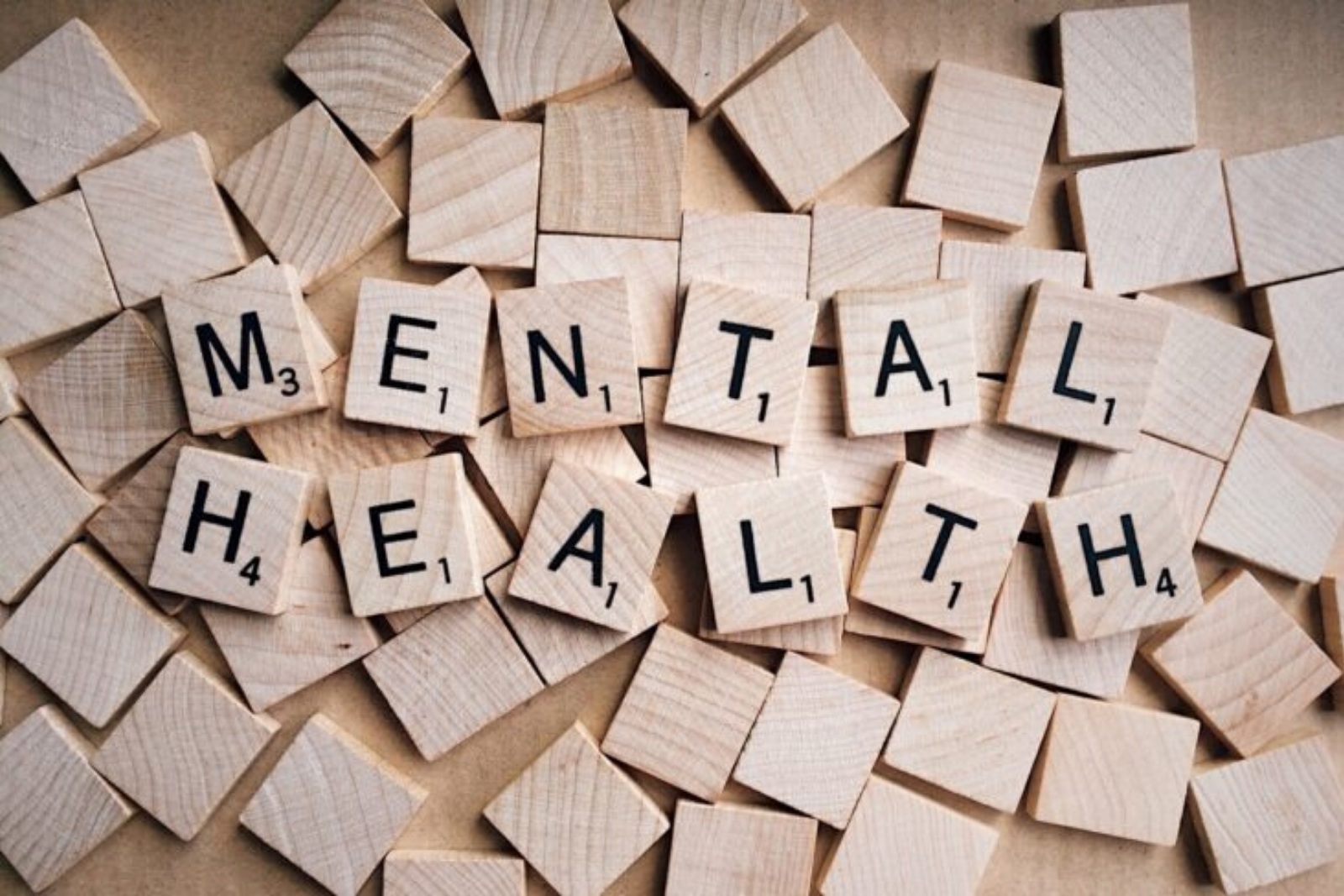In a previous blog we discussed depression, anxiety and stress, which are the most commonly recognisedmental health conditions. However, there are other mental health conditions that we treat regularly at Dementech Neurosciences.
Bipolar Disorder
Bipolar disorder causes extreme mood swings ranging from highs (mania or hypomania) to lows (depression).
What is bipolar disorder?
Joanna Rodriguez Consultant Psychiatrist explains bipolar disorder. What is bipolar disorder?
Symptoms of bipolar include:
- Depression – feeling hopeless or sad, losing interest in most activities.
- Mania/Hypomania (a less extreme type of mania) – irritability, euphoria, feeling energised.
The condition can affect the ability to think clearly as well as affect judgement, behaviour, energy levels, activity and sleep. It cannot be cured however treatments are available that can help you to manage the symptoms.
Treatment options for bipolar disorder:
- Cognitive behavioural therapy focuses on identifying unhelpful or negative behaviours and beliefs and replacing them with positive and healthy ones. It may be helpful in identifying triggers for episodes of bipolar and developing strategies to help you cope with your condition.
- Interpersonal and social rhythm therapy aims to stabilise daily routines and create a more consistent pattern of sleep, exercise and diet.
- Family therapy can help family members to understand more about the condition and how to recognise and manage the early signs.
Chronic Fatigue Syndrome
This is a complex disorder that cannot be explained by an underlying medical condition. The symptoms include extreme fatigue which does not improve with rest. Scientists are unclear what causes chronic fatigue syndrome although it is believed to be triggered by a combination of factors which may include psychological stress and viral infections.
Symptoms include:
- Extreme exhaustion which does not improve with rest or sleep
- Loss of memory or concentration
- Headaches and/or muscular or joint pain
Treatment options:
Cognitive training involves talking to a counsellor to help you feel more in control of your life. This can help as chronic fatigue brings with it many restrictions and uncertainties. You may also benefit from gentle exercises which you can build up gradually.
Phobias
A phobia is a fear of a specific thing, situation or animal. People can have phobias about a whole range of things, from heights to needles and the symptoms of a phobia can occur suddenly and without warning.
Symptoms can include:
- Breathing difficulties or shortness of breath
- Rapid heartbeat
- Pain or tightness in the chest
- Trembling
- Sweating
- Headaches, nausea or dizziness
- Panic attack
Some of the most common phobias include:
- Arachnophobia (fear of spiders)
- Ophidiophobia (fear of snakes)
- Acrophobia (fear of heights)
- Aerophobia (fear of flying)
- Cynophobia (fear of dogs)
- Social Phobia (fear of being in a social situation)
- Agoraphobia (fear of public places)
- Mysophobia (fear of dirt or germs)
Treatment options for phobias:
Phobias produce a fear response which can be extreme and may interfere with daily living, resulting in anxiety and, in some cases, depression. Psychotherapy has been shown to be effective for phobias and panic disorders and may be used alongside prescribed medication and self-help techniques like meditation and mindfulness.
Fibromyalgia
Fibromyalgia is a condition that is characterised by pain throughout the body, accompanied by fatigue, sleep and memory problems and mood swings. It is believed to be caused by a change in the way the brain processes pain signals, leading to pain sensations becoming amplified.
The condition may begin after some kind of physical trauma, psychological stress, infection or surgery. In some people symptoms develop gradually over time.
Symptoms include:
- Pain throughout the body that is experienced as a dull ache
- Fatigue
- Sleep disorders including sleep apnoea and restless legs syndrome
- Difficulty concentrating
The condition may be accompanied by other disorders such as irritable bowel syndrome, migraine and cystitis.
Treatment
Fibromyalgia is a painful and distressing condition. There is no single effective treatment. However, doctors may prescribe medication to relieve pain and to help promote sleep. CBT, mindfulness and counselling may also help people to deal more effectively with the stress of the condition.
To find out what the best treatment is for fibromyalgia for you, it is best to speak to a specialist who can assess your symptoms and offer advice on how to manage the condition.
Dementech specialises in diagnosing and treating neurological disorders including all types of mental health conditions. For more information contact our experienced and friendly team.





